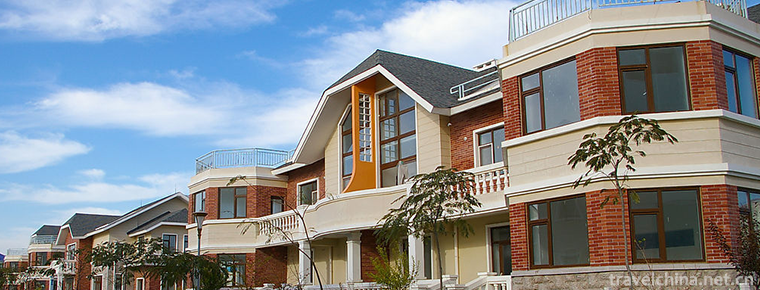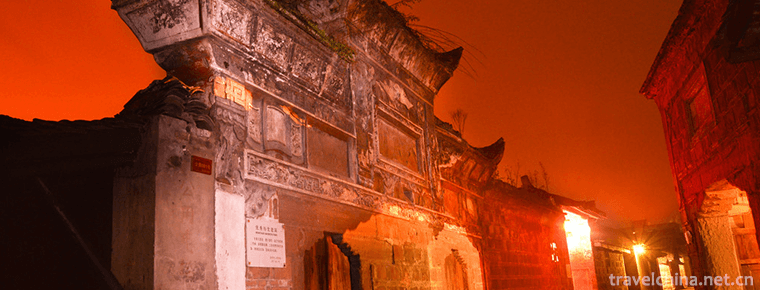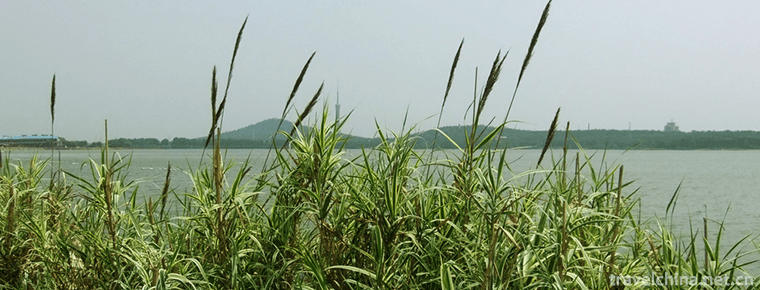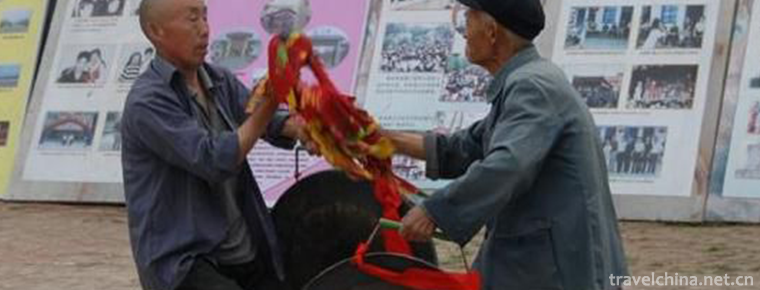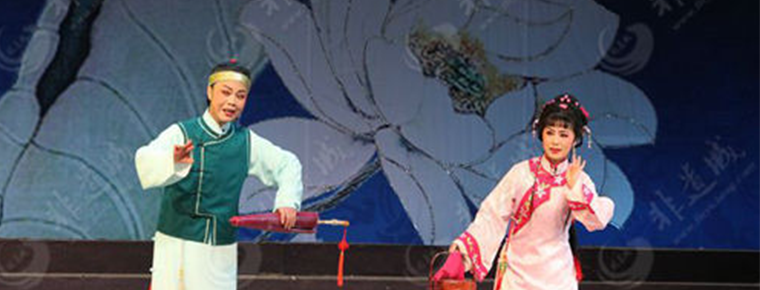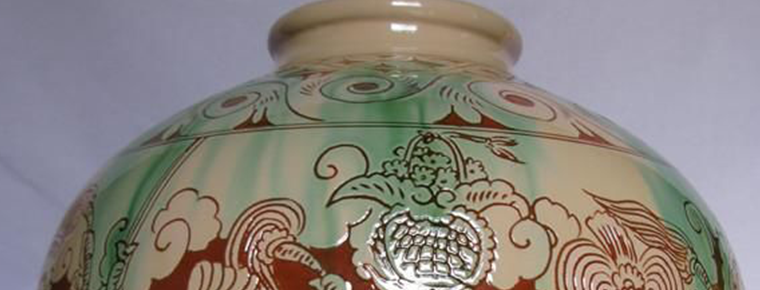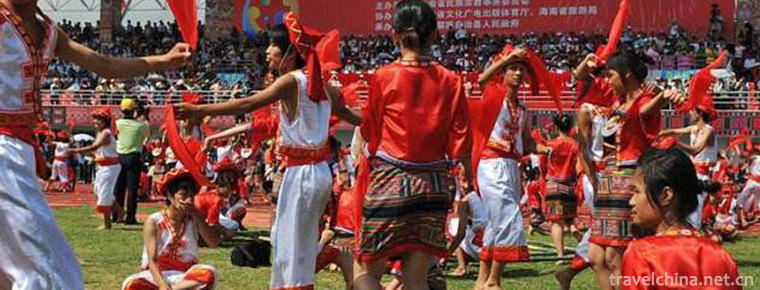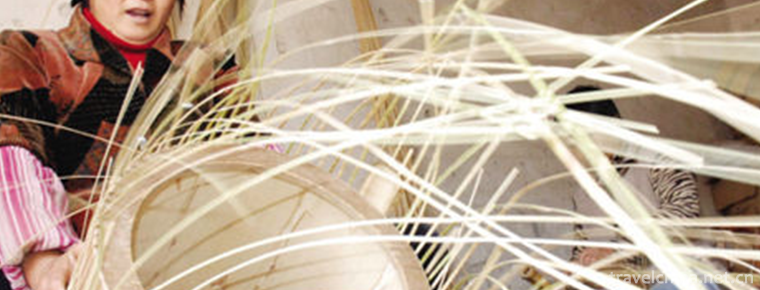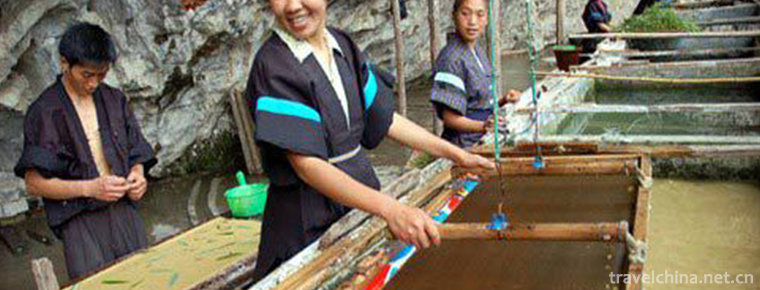Zhongyuan Festival Chao Ren Yulan Winning Club
Zhongyuan Festival Chao Ren Yulan Winning Club
Chao Ren Yulan Sheng Hui is a traditional folk custom and folk belief activity. The fifteenth day of the seventh lunar month is commonly called "ghost festival" in Hong Kong. It is said that ghosts in the seventh month of the lunar calendar can come to the world. In some areas, people will burn paper and incense candles on the roadside to cross over the ghosts. Each venue has Shigutai, Jianjiantai, stage, Dashitai, altar and so on. The stage in each neighborhood is dominated by Chao Opera performances, as well as various forms of literary and artistic activities and exhibitions of handicraft works. Chao people's Yulan Wing Club is held in more than 60 places on Hong Kong Island, Kowloon Peninsula and the New Territories.
origin
The fifteenth of July is also the Buddhist Yulanpen Festival. Yulan basin is a transliteration of Sanskrit. "Yulan" in Sanskrit means hanging upside down, describing the state of misery, basin refers to utensils for offerings. Buddhism believes that offering this device can relieve the upside-down suffering of the deceased parents and relatives. The peony basin is the meaning of "unhanging upside down". The ceremony of Buddhist celebration of Zhongyuan Festival is called "the peony pot meeting". The celebration of Zhongyuan Festival is not only to worship the deceased relatives, but also to commemorate the eyedrops who saved their mother from hell in Buddhist scriptures in order to praise his filial piety.
Taoism's Zhongyuan Festival and Buddhism's Yulan Festival gradually merged with folk customs and beliefs of ghosts and moons, and became a grand traditional folk festival with rich connotations and customs, which integrates sacrifice, sacrifice, relief and forgiveness. In Chaoshan, Fujian and Hong Kong, people attach great importance to it. Especially in Hong Kong, Chao Ren Yulansheng will have unprecedented grandeur.
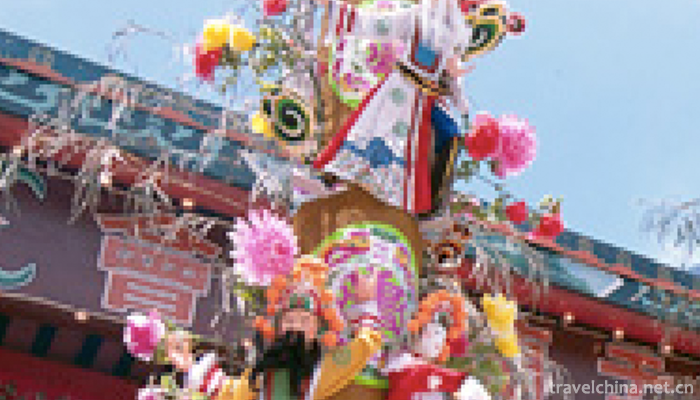
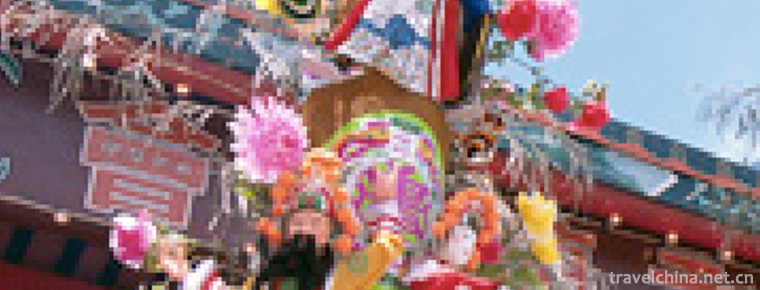
Zhongyuan Festival Chao Ren Yulan Winning Club
-
Rushan Yintan Tourist Resort
Yintan Tourist Resort is located on the southeast coast of Rushan City, Weihai, Shandong Province. It connects Weihai to the east, Yantai to the north, Qingdao to the West and Huanghai to the south
Views: 127 Time 2018-12-22 -
Li Zhuang ancient town
Lizhuang, an ancient town precipitated by cultural and historical relics, is an ancient town that tells stories and vicissitudes of the Anti-Japanese War. It is an ancient town that reflects Chinese t
Views: 240 Time 2019-01-29 -
Longzi Lake Scenic Area
Longzihu Scenic Area, located in Longzihu District of Bengbu City, Anhui Province, is a national AAAA-level tourist attraction, a national ecological demonstration area and a provincial-level scenic s
Views: 176 Time 2019-02-06 -
Quancheng Marine Polar World
Quancheng Marine Polar World is a comprehensive exhibition hall located in Qihe County, Dezhou City, Shandong Province, with a total investment of 1 billion yuan
Views: 269 Time 2019-02-07 -
The official will ring Gong
Official Guild gongs are widely spread in rural areas of Eastern Henan Province. It is a traditional percussion instrument with brass gongs as props. It has a history of more than 300 years
Views: 114 Time 2019-05-01 -
Lake Opera
Huzhou Tanhuang, originally known as Huzhou Tanhuang, is a traditional local opera. It is mainly popular in Huzhou, Jiaxing, Yuhang and Linan of Hangzhou, Wujiang and Yixing of Jiangsu, Guangde of Anh
Views: 140 Time 2019-05-03 -
Firing Techniques of Jieshou Coloured Pottery
The firing technique of Jieshou colored pottery, the local traditional handicraft technique of Jieshou City, Anhui Province, is one of the national intangible cultural heritages.
Views: 126 Time 2019-05-06 -
March 3rd Festival of Li Nationality
The third day of March (the third day of the third month of the third lunar month) is the grandest traditional folk festival of the Li people in Hainan Province. It is also a beautiful day for the you
Views: 213 Time 2019-05-12 -
Fishing Song
Fishing songs are a kind of Chinese folk songs sung by fishermen in coastal areas of China and lakes and harbours. If popular in Shanwei City, Guangdong Province, collectively known as Shanwei Fishing
Views: 188 Time 2019-07-14 -
Bamboo weaving
The traditional bamboo weaving technology has a long history and is rich in the crystallization of the hard work of the working people of the Chinese nation. Bamboo weaving crafts are divided into fin
Views: 182 Time 2019-08-10 -
Bamboo Paper Making Skills
Bamboo paper production maintains a complete traditional process. It is manually made by dipping paper. There are 15 links and 72 processes from material selection to paper making. The production proc
Views: 217 Time 2019-08-10 -
Meishan scenic spot
Meishan has a long history and culture and many cultural relics. Meishan County, where the municipal government is located, has a history of 1505 years. It is a famous town of Sansu culture. There are 2 provincial cultural relics protection unit
Views: 356 Time 2020-12-18
